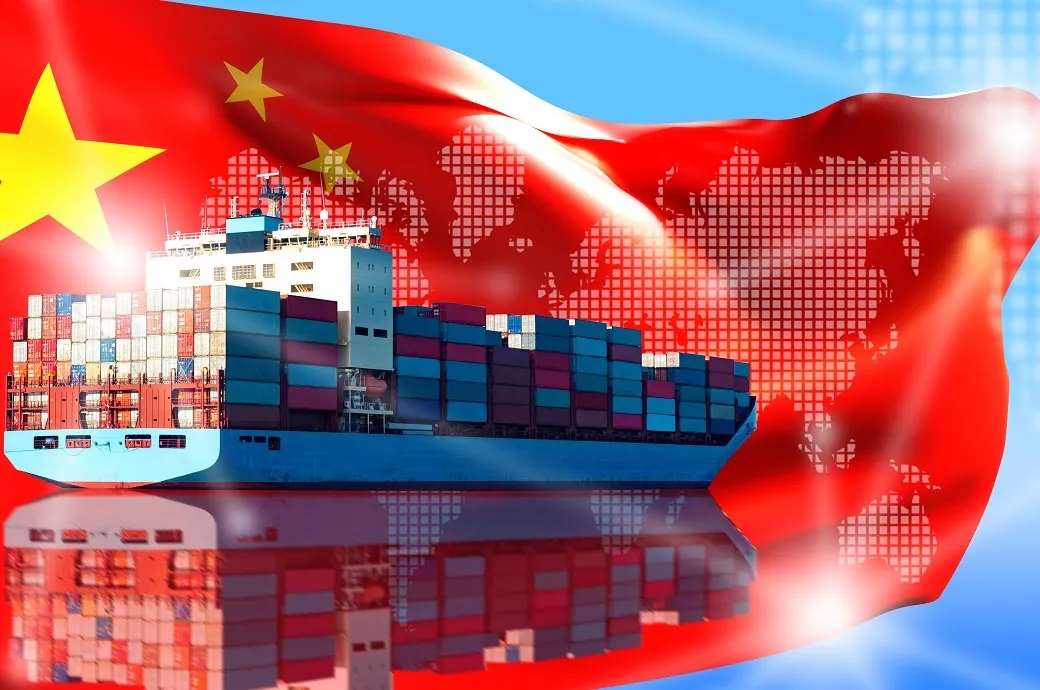A report by the Institute of Cost and Management Accountants of Pakistan (ICMA) cautions, the 29 per cent tariffs imposed by the United States on Pakistan’s exports could create significant short-term hurdles for the nation’s textile industry that constitutes over 70 per cent of its shipments to the US.
The new tariff could lead to a decline in export volumes as US buyers potentially shift their orders to countries facing lower tariffs, according to ICMA’s analysis. This shift could result in job losses and possible factory shutdowns, particularly affecting small and medium-sized exporters. However, the 90-day freeze on the tariff's implementation offers a crucial window for Pakistan to engage in negotiations with the US.
The ICMA report points out a relative advantage for Pakistan despite these challenges. While Pakistan faces a 29 per cent tariff, several regional competitors are subject to even higher rates. For instance, China faces a substantial 125 per cent tariff, while Bangladesh, Vietnam, Cambodia, and Sri Lanka have tariffs ranging from 37 to 49 per cent. Nevertheless, India and Turkey benefit from lower tariffs of 26 per cent and 10 per cent, respectively, placing Pakistani exports at a disadvantage in the US market.
To mitigate these negative impacts, the ICMA recommends immediate diplomatic engagement with the US to seek tariff relief and improved trade terms. The Pakistani Government should support the textile sector by lowering duties on essential materials and offering tax incentives, the report urges. Furthermore, it recommends, the government should diversify its export markets and products for a greater focus on high-value textile items such as denim and fashion garments.
The ICMA advises policymakers to closely monitor US tariff policies and actively explore new opportunities in markets like the Gulf, Central Asia, Africa, and Southeast Asia.











